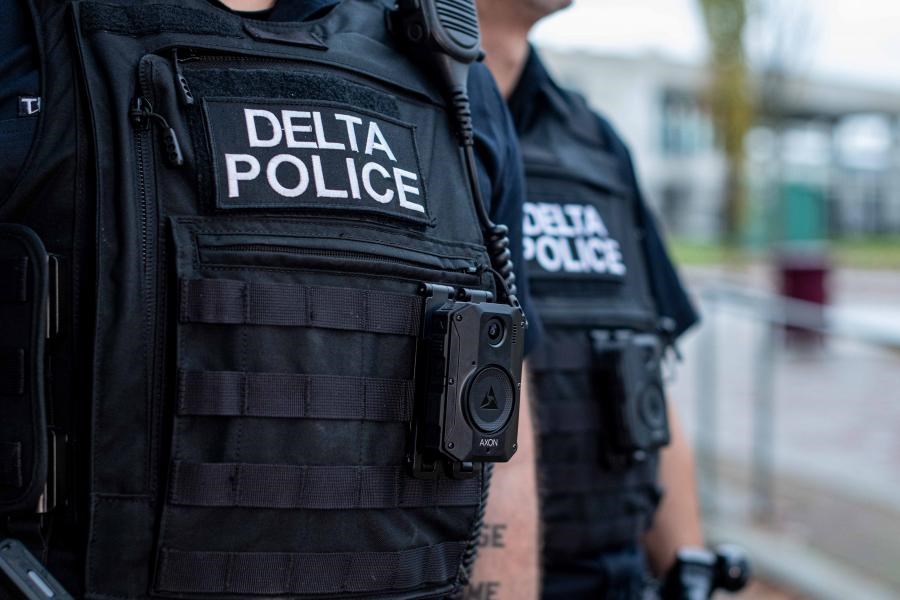Dear Editor,
RE: B.C. police agencies tout rollout of body-worn cameras
It is well past time that we stop holding out the illusion that police worn body cameras have anything to do with transparency or accountability for police.
They do not. Nor do they reduce police violence. They are not a reform as some hope them to be.
Criminological research finds that, at best, the results of bodycam use are contradictory or even paradoxical. Studies show that in some jurisdictions police violence even goes up after the introduction of body cameras.
Reasons for their ineffectiveness are many. They do not actually show what the police do. They are positioned on police and show the officer’s perspective.
They can be turned off and on. Even more, there are questions about privacy, since uninvolved people can be captured in recordings. There are also questions about what happens with recorded data.
One thing we do know that they contribute to is even greater increases to police funding.
The City of Vancouver initially allocated $200,000 for its pilot program, but that number has already risen to $307,000, before the pilot project even got underway.
Police should be honest that body cameras are largely about surveillance and evidence gathering.
Their claims should be assessed critically based on the large body of research evidence.
We need to look elsewhere when it comes to reducing police violence or seeking accountability for policing.
Dr. Jeff Shantz
Department of Criminology
KPU/Richmond & Surrey



